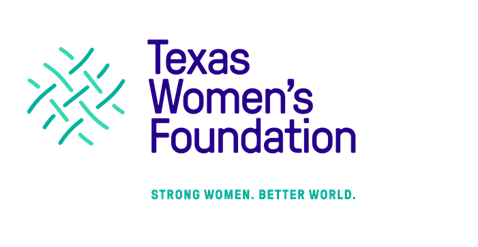Via: D Magazine
The climate for women in Texas regarding education, child care, health insurance, and housing has room for improvement.
Yesterday, I attended a discussion of economic issues for women in Texas, put on by the Dallas Women’s Foundation and hosted at Texas Woman’s University over in the medical district. The speakers and panelists included DWF President and CEO Roslyn Dawson Thompson, TWU Chancellor and President Dr. Carine Feyten, Center for Public Policy Priorities‘ Dr. Frances Deviney, and Terry Conner—former managing partner at Haynes & Boone, former chairman of the Dallas AfterSchool network, and on the Dallas Regional Chamber board of directors. There were a lot of bar charts and numbers relating to four pertinent areas: child care, education, health insurance, and housing.
The goal was not only to educate on how the situation for women (and minority women especially) needs to be improved in these sectors, but also to provide ways that we can actually start doing that. For housing, cities like Dallas can, for example, pass ordinances protecting low-income renters who use vouchers (most of whom are women) from housing discrimination. For health insurance, Texas can give grants to community organizations that help women navigate health coverage options. To ensure that more women who enroll in college actually graduate, there can be subsidies for dual enrollment courses and increased grant aid. And regarding child care, in order to close the wage gap and allow more women to stay in the work force, public-private partnerships can be created to increase subsidized child care funding.
This was just the tip of the iceberg, but one thing that stood out to me most was that in a study of 100% of 8th grade girls enrolled in 2005, only 34% of white females, only 17% of Hispanic females, and only 16% of African American females earned a four-year higher ed degree. The other issues of housing, health insurance, and child care are all affected by education first, and this is what needs to be prioritized locally, particularly in light of the current political state of disarray. As this begins to shift, a growing number of female voices and perspectives will influence these very issues, as Dr. Feyten said, and, according to Terry Conner, it will further enable local businesses to advocate for equity and social justice.
